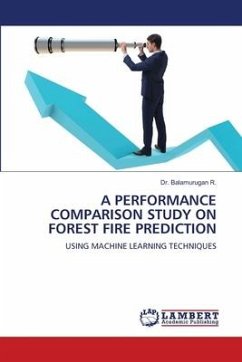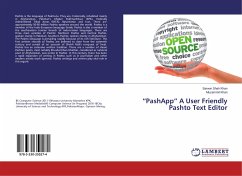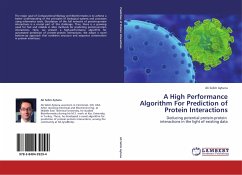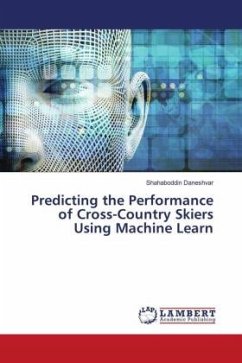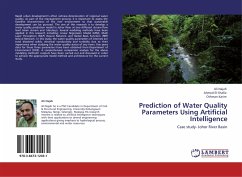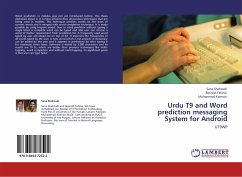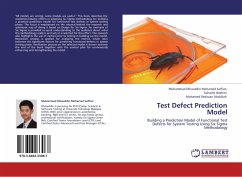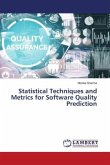Forest fire is the uncontrolled and non-prescribed combustion of natural vegetation posing a great threat towards the environment. Being a natural phenomenon, it is impossible for mankind to prevent it. There is a need for early forecasting, quick detection and prompt action for controlling such phenomena for protecting the ecosystem. In this book, a predictor model which is able to predict forest fires are derived using soft computing and machine learning techniques. The dataset consists of 517 records of time series data for Montesinho natural park, in Portugal. To find some of the critical patterns and to segment the fire regions (using clustering), PCA and clustering methods through K-means are used respectively on the dataset. Five soft computing techniques namely MPNN, PNN, KNN, RBF and SVM are applied concurrently. The Python libraries such as Scikit-learn, Pandas, Matplotlib and Seaborn are utilized for the execution of the algorithms. Finally, each soft computing technique is assessed under the evaluation parameters such as MSE, RMSE, MAE, RAE & IG and the appropriate model having the best values is identified.

